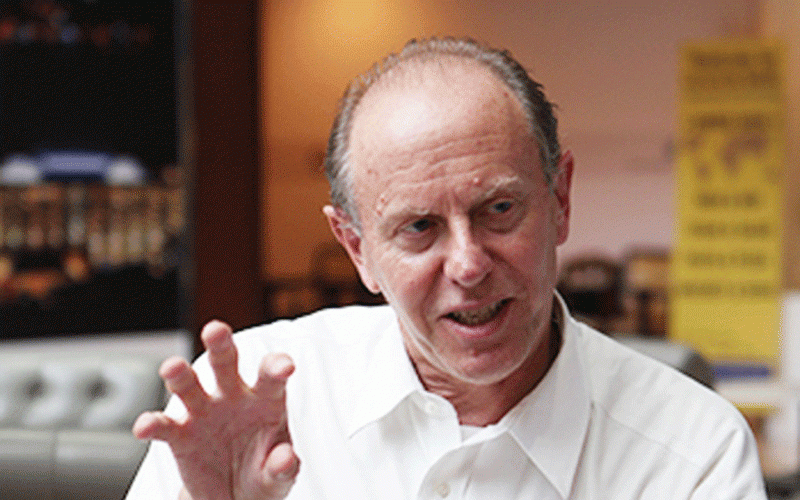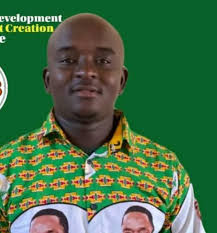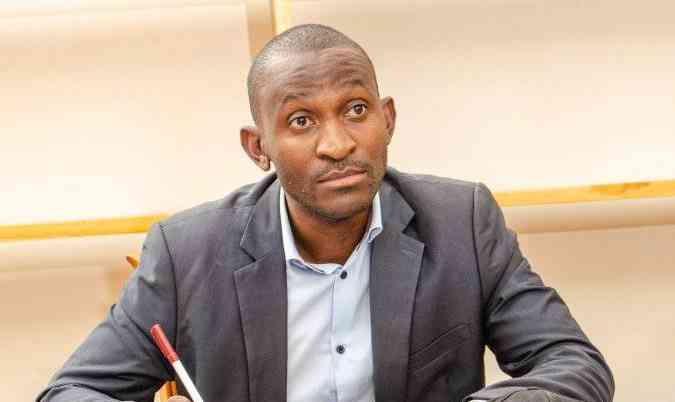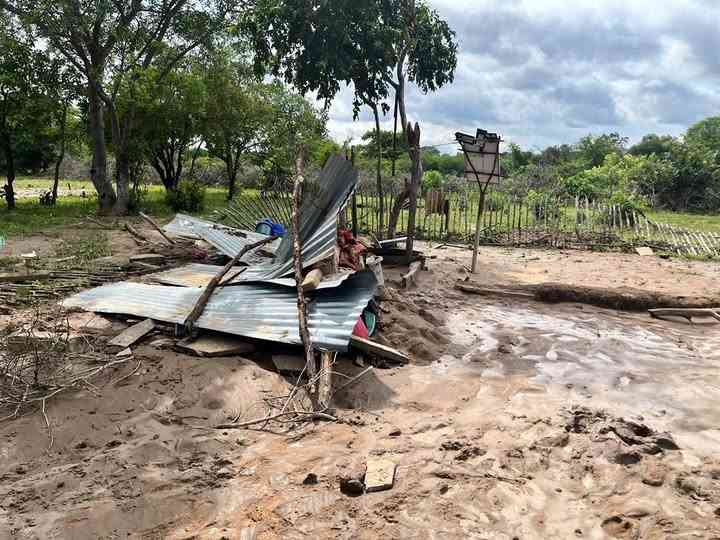
BULAWAYO mayor David Coltart on Tuesday hinted on Khami Dam as a possible solution to the city’s water crisis, but indicated that efforts to draw water from the dam were being resisted by residents of the city.
The residents have for many years been resisting the drawing of water from Khami Dam, arguing that it is heavily contaminated even by human remains that were thrown there during the liberation war as well as raw sewage.
But speaking on Tuesday during the Wet Skills Foundation ceremony, Coltart said the city should follow in the footsteps of the City of London in the United Kingdom, which recycles water up to 20 times a day.
“To the south-west of the city, we have Khami Dam whose water people will not drink because they think it is filthy and yet the quality of that water can easily be enhanced. So there are many solutions that are open to us,” Coltart said.
“We understand that in the context of the city, there are a variety of aspects that involve the problem of water. It is not just the construction of dams and the construction of efficient water delivery systems, [but] it is also the recycling of water.”
However, reacting to Coltart’s remarks, Bulawayo United Residents Association chairperson Winos Dube said he did not understand why the city fathers were pressing on with the issue of the Khami Dam water for domestic use.
“Water from that place is not highly recommended for human consumption. Sometime during the liberation struggle, bodies were dumped there. Residents also believe that the water is contaminated with sewage from the suburbs,” he said.
“Why don’t they just come up with an irrigation scheme. But the issue is a bit tricky because residents believe that if they water their vegetables with the water, even the vegetables will become contaminated.”
- Outrage over school uniform prices
- Schools reopen amid deepening teacher crisis
- Village Rhapsody: Sanctions are not the reason Zim is in a mess
- Outrage over school uniform prices
Keep Reading
Dube said there was a need for extensive consultations before residents accept the proposal since engineers are more knowledgeable in such issues than ordinary residents.
Bulawayo Progressive Residents Association chairperson Stephen Nkomo said they were also against using water from Khami Dam for human consumption.
“We want to have a demonstration and see the water for ourselves so that residents can gain confidence on whether council is able to clean that water so that it is safe enough to drink,” Nkomo said.
He, however, agreed with Coltart’s argument that recycling water is a good idea, adding that it could be used for irrigation and watering council lawns instead of human consumption.
Bulawayo residents have for years resisted use of Khami Dam water for human consumption saying it is unsuitable for the purpose.
There are also fears of waterborne diseases since 13 people died after dysentery and typhoid outbreaks in Luveve in 2020.









